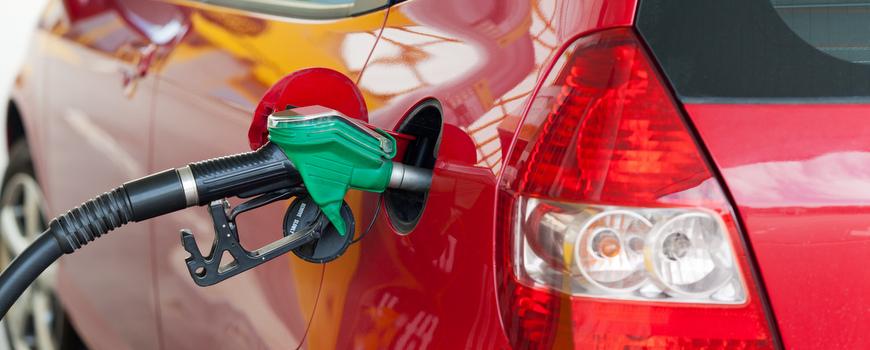
The transport sector is the largest energy consumer in the Irish economy. Road transport vehicles consume over 4.5 billion litres of gasoline and diesel annually. As part of Ireland’s strategy to increase the percentage of energy from renewable sources, the biofuel obligation scheme (BOS) was introduced in July 2010.
The BOS legislation (Energy (Biofuel Obligation and Miscellaneous Provisions) Act 2010) places a duty on oil companies – the obligated parties – to ensure that not less than 4 litres in every 100 litres of road transport fuel is biofuel. This is called the biofuel obligation and it is expected that this will increase over time.
Scheme overview
Obligated parties are required to apply to the National Oil Reserves Agency (NORA) for biofuel obligation scheme certificates (BOS certs) in respect of their disposals of biofuels – a single BOS cert represents one litre of biofuel. To fulfil their obligation, obligated parties are required to surrender BOS certs to NORA at the end of each calendar year. Obligated parties may trade BOS certs with other parties in order to fulfil their obligation. If there is a shortfall in the number of BOS certs surrendered, i.e. less than 4 litres in every 100 litres of road transport fuel, a buy-out charge of €0.45 per litre is payable on the shortfall.
Obligated parties are also liable to pay a levy of €0.02 per litre – similar to the existing NORA levy on mineral oil – to finance the maintenance of national strategic reserves.
Renewable energy targets
The legislative driver for the BOS is the Renewable Energy Directive (2009/28/EC), which sets a binding target of 20% renewable energy in the EU’s overall energy mix by 2020. Ireland’s target, as set out in the Directive, is 16% - this is a national target and is not transport specific. However, under the Directive, each Member State is also required to ensure that the share of energy from renewable sources in all forms of transport in 2020 is at least 10%. The BOS is one component in Ireland’s strategy for achieving the transport and wider renewable energy targets.
Sustainability
The merits of promoting biofuels and their environmental benefits, in comparison to traditional fossil fuels, are topics that have caused some controversy in recent years. The European Commission has attempted to address these concerns by including criteria in the Directive to assist Member States to determine whether the biofuels being supplied to the EU market are ‘sustainably’ produced. If a source of biofuels satisfies the sustainability criteria set out in the Directive, then it is deemed to generate a net greenhouse gas (GHG) saving and to have had no negative impact on biodiversity or land use. While Ireland has not yet incorporated the sustainability and verification aspects of the Directive into the BOS, it is planned to establish a sustainability and verification system towards the end of 2011.
Byrne Ó Cléirigh, in partnership with LHM-Casey McGrath, has been contracted by NORA to assist in the implementation and administration of the BOS. Further information on biofuels and the obligation scheme is available here and from NORA’s website.
